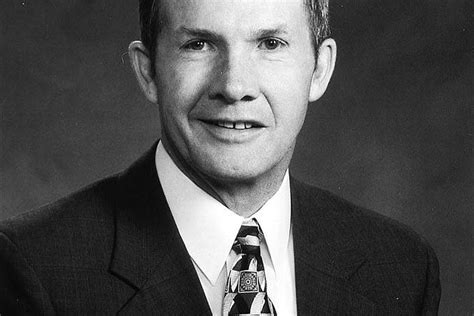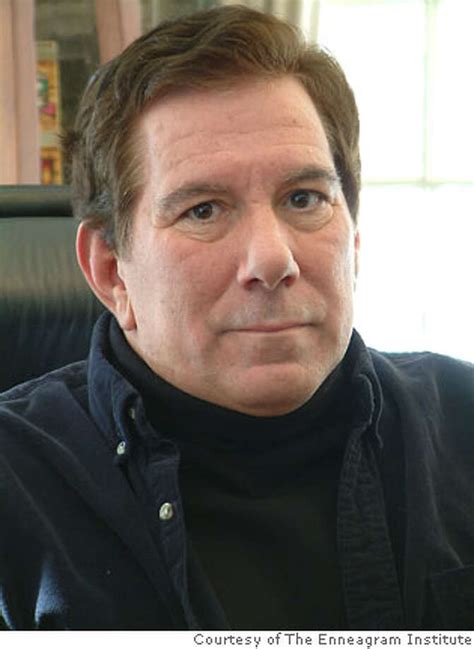A Quote by Monte J. Brough
Many of the most important principles of intelligence cannot by taught at universities, from books, or through other temporal learning processes. Often these great principles are learned from afflictions, tribulations, and other mortal experiences. All that we learn in this manner will benefit us not only in this life but also in the next, for 'whatever principle of intelligence we attain unto in this life, it will rise with us in the resurrection'.
Quote Topics
Also
Attain
Benefit
Books
Cannot
Experiences
Great
Important
Intelligence
Learn
Learned
Learning
Learning Process
Life
Manner
Many
Mortal
Most
Next
Often
Only
Other
Principle
Principles
Processes
Resurrection
Rise
Taught
Temporal
The Most Important
This Life
Through
Tribulations
Universities
Unto
Us
Whatever
Will
Related Quotes
Our allegiance is to the principles always, and not to the persons. Persons are but the embodiments, the illustrations of the principles. If the principles are there, the persons will come by the thousands and millions. If the principle is safe, persons like Buddha will be born by the hundreds and thousands. But if the principle is lost and forgotten and the whole of national life tries to cling round a so-called historical person, woe unto that religion, danger unto that religion!
We too often satisfy ourselves with the perishable things of time, forgetting the opportunities we have of developing within us the great, the eternal principles of life and truth. The Lord wishes to establish a closer and more intimate relationship between Himself and us; He wishes to elevate us in the scale of being and intelligence, and this can only be done through the medium of the everlasting Gospel which is specially prepared for this purpose.
Facebook in particular is the most appalling spying machine that has ever been invented. Here we have the world's most comprehensive database about people, their relationships, their names, their addresses, their locations and the communications with each other, their relatives, all sitting within the United States, all accessible to US intelligence. Facebook, Google, Yahoo.. all these major US organizations have built-in interfaces for US intelligence. It's not a matter of serving a subpoena. They have an interface that they have developed for US intelligence to use.
There is nothing so bad or so good that you will not find Englishmen doing it; but you will never find an Englishman in the wrong. He does everything on principle. He fights you on patriotic principles; he robs you on business principles; he enslaves you on imperial principles; he bullies you on manly principles; he supports his king on loyal principles and cuts off his king's head on republican principles.
I think that intelligence is such a narrow branch of the tree of life - this branch of primates we call humans. No other animal, by our definition, can be considered intelligent. So intelligence can't be all that important for survival, because there are so many animals that don't have what we call intelligence, and they're surviving just fine.
I think whatever nation or whoever develops one artificial intelligence will probably make it so that artificial intelligence always stays ahead of any other developing artificial intelligence at any other point in time. It might even do things like send viruses to a second artificial intelligence, just so it can wipe it out, to protect its grounds. It's gonna be very similar to national politics.
What can be accomplished by a few principles is not effected by many. But it seems that everything we see in the world can be accounted for by other principles, supposing God did not exist. For all natural things can be reduced to one principle, which is nature, and all voluntary things can be reduced to one principle, which is human reason, or will. Therefore there is no need to suppose God's existence.
In fact, life is our greatest teacher. Whatever we are doing can be instructive, whether we are at the office, or talking to our spouse, or driving a car on the freeway. If we are present to our experiences, the impressions of our activities will be fresh and alive, and we will always learn something new from them. But if we are not present, every moment will be like every other, and nothing of the preciousness of life will touch us.
I have undertaken, you see, to write not only my life, but my opinions also; hoping and expecting that your knowledge of my character, and of what kind of a mortal I am, by the one, would give you a better relish for the other: As you proceed further with me, the slight acquaintance which is now beginning betwixt us, will grow into familiarity; and that, unless one of us is in fault, will terminate in friendship.
To make music means to express human intelligence by sonic means. This is intelligence in its broadest sense, which includes not only the peregrinations of pure logic but also the "logic" of emotions and intuition. My musical techniques, although often rigorous in their internal structure, leave many openings through which the most complex and mysterious factors of the intelligence may penetrate.
It has been the error of the schools to teach astronomy, and all the other sciences, and subjects of natural philosophy, as accomplishments only; whereas they should be taught theologically, or with reference to the Being who is the author of them: for all the principles of science are of divine origin. Man cannot make, or invent, or contrive principles: he can only discover them; and he ought to look through the discovery to the Author.
































